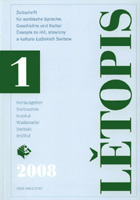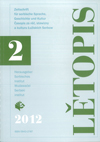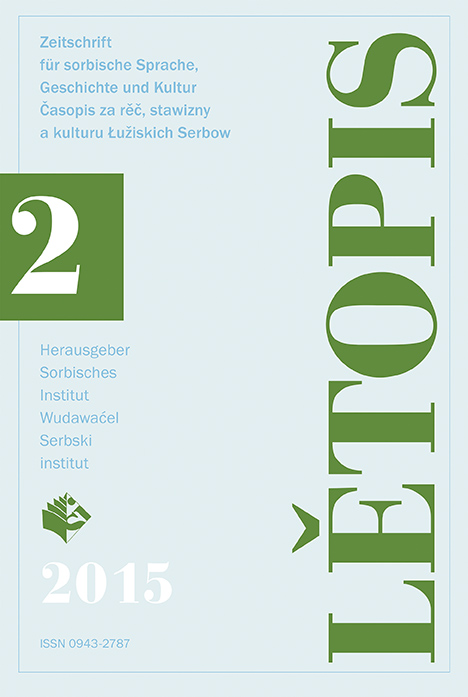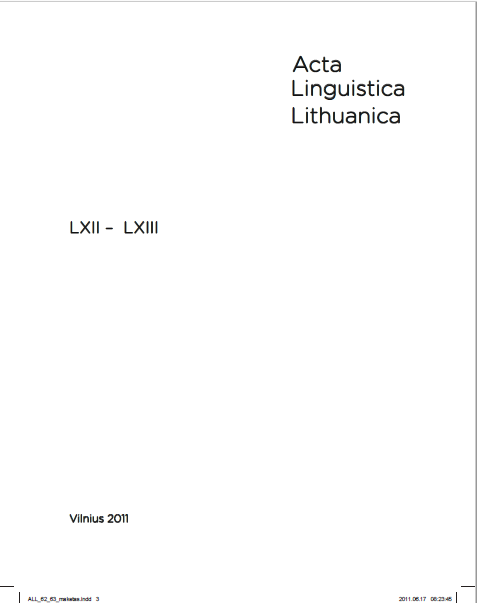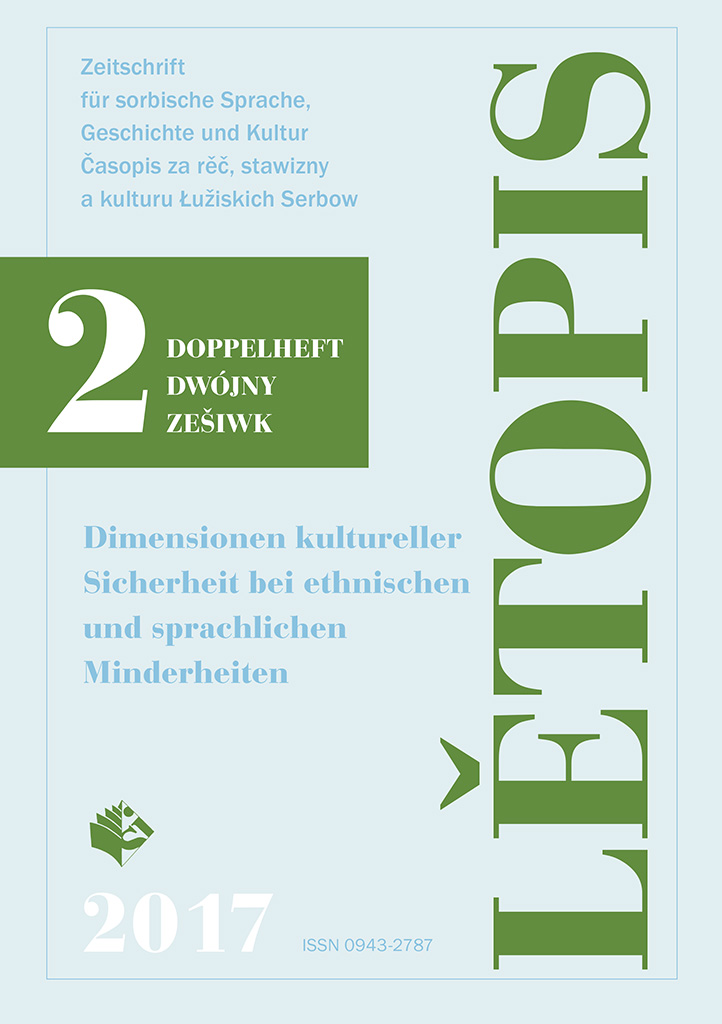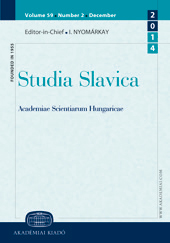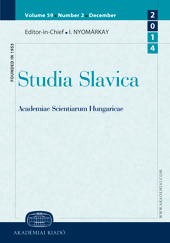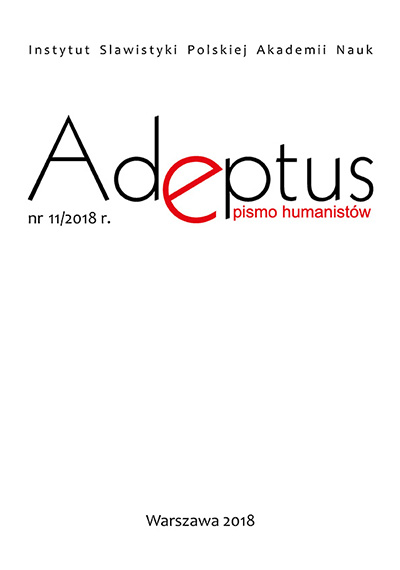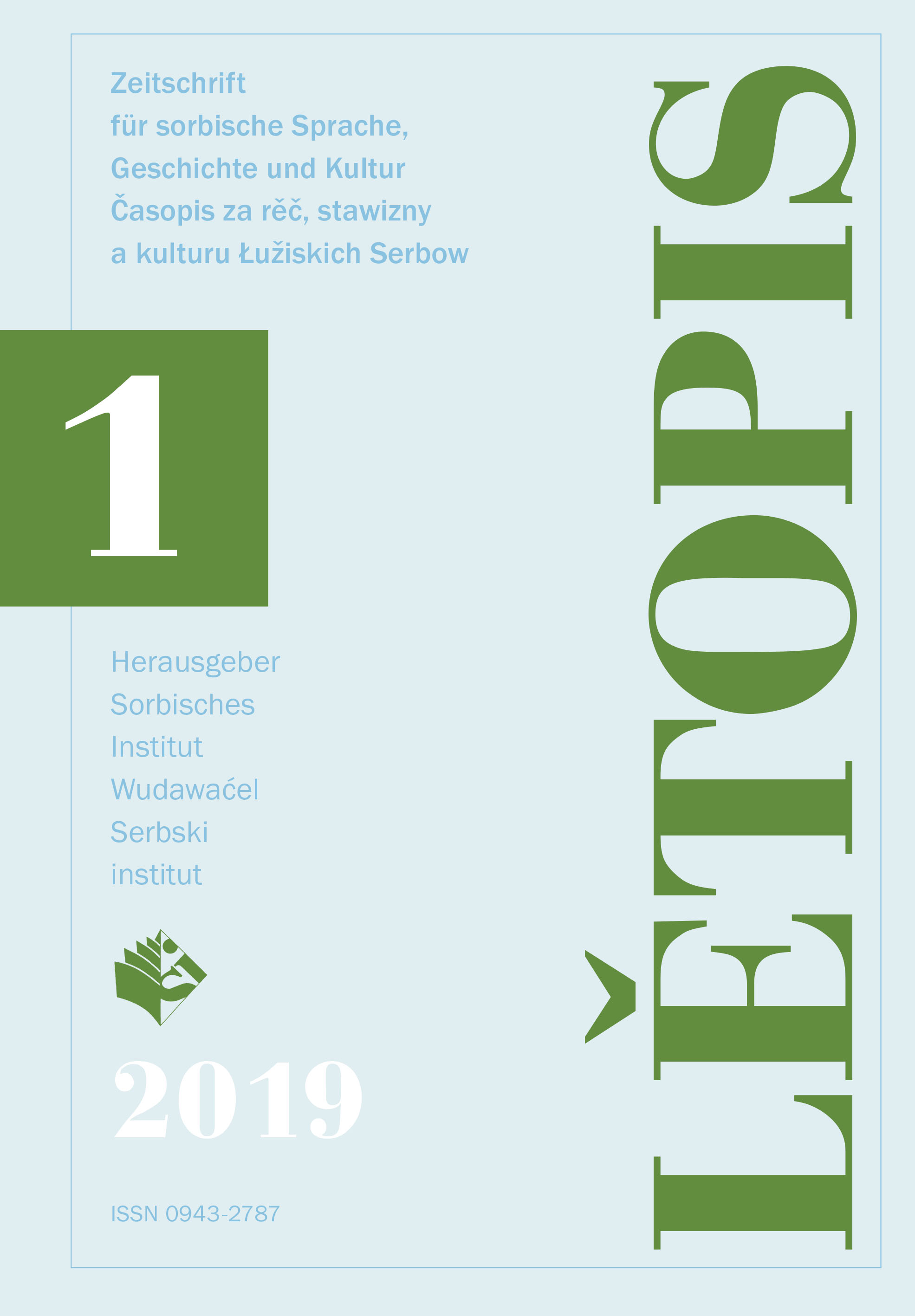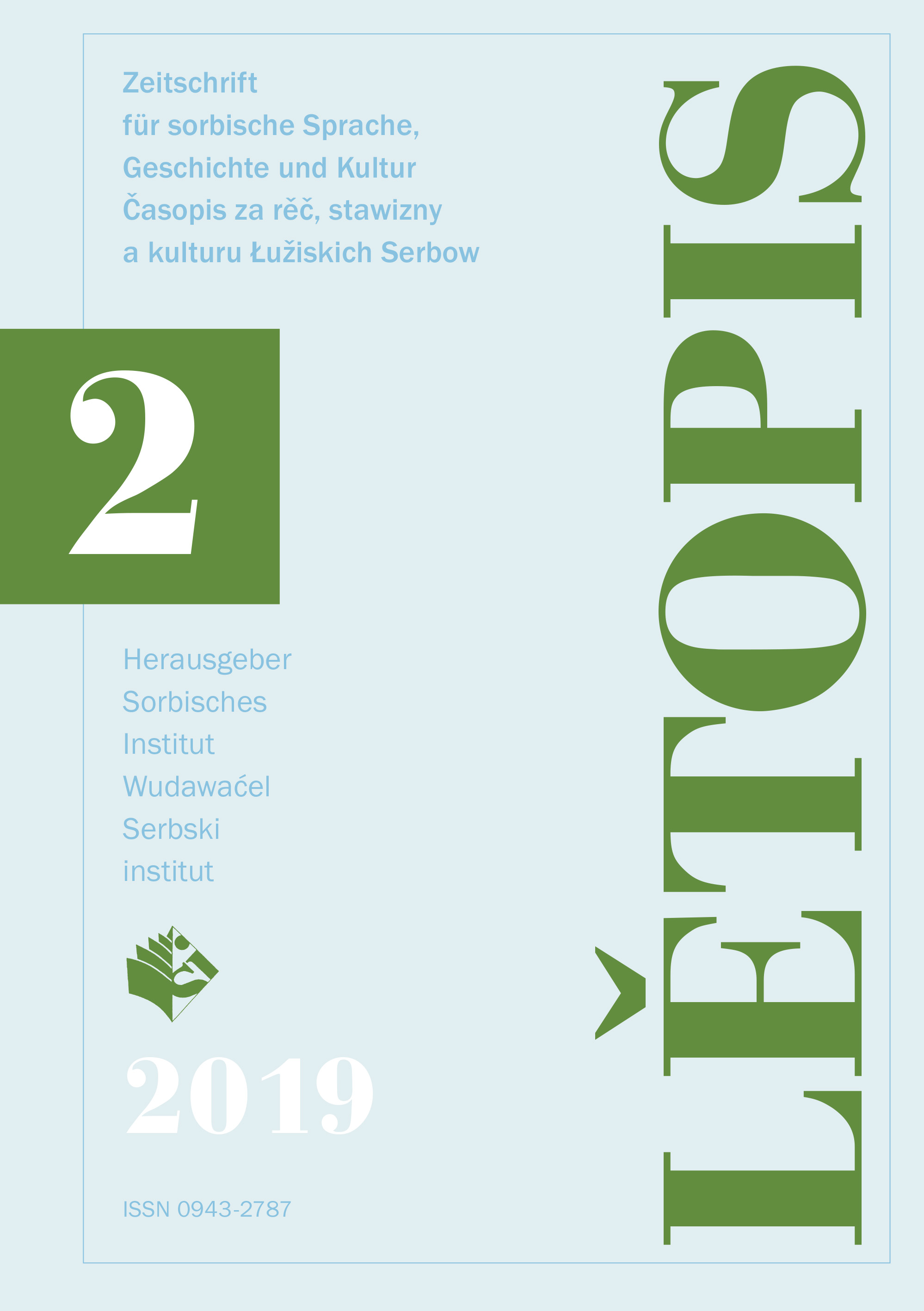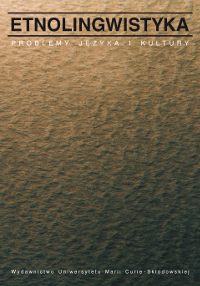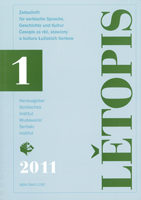
From Schorbus to the Centre of Berlin. The Sorbian priest Oskar Pank and his letters to his father
Von Schorbus in die Mitte Berlins. Der sorbische Pfarrer Oskar Pank und die Briefe
Keywords: Oskar; Pank; protestant; theologian; Otto; von Bismark; priest; superintendent; Berlin
A hundred years ago the Protestant theologian, Oskar Pank (1838–1928), was one of the most well known personalities of Sorbian origin. He grew up in a Sorbian parsonage and worked initially in a Sorbian-speaking parish, but in 1869 he was suddenly appointed to a post in Berlin. There he found swift recognition as a talented preacher whose collections of sermons achieved high publication figures. The family of the Imperial Chancellor, Otto von Bismarck, selected him as their personal priest. He moved later to Leipzig and worked there successfully for 30 years as a parish priest and superintendent. This article focusses on Pank’s work in Berlin. Letters to his father from this period, which have only recently been discovered, provide an insight into the work of a city parish priest and describe the first elections to the Church Councils, as well contacts with the revivalist movement in England. For the whole of his life Oskar Pank remained close to his homeland and always fought for the replacement of parish priests by clergymen who spoke the language of their congregations.
More...
